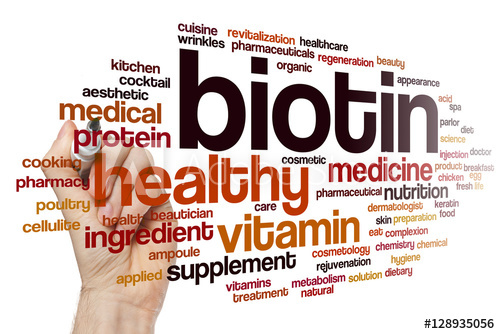
by Dr. Michael Murray | May 22, 2018 | Most Recent, Natural Facts
Introduction Enzyme preparations are one of nature’s most powerful therapeutic agents. In particular, the proteolytic enzymes (or proteases) that digest break down proteins into smaller units have shown fantastic results for in many clinical indications. One of the...

by Dr. Michael Murray | Mar 20, 2018 | Alzheimer's Disease, Diabetes, Healing Food Facts, Natural Facts
Introduction: One of the most exciting natural products in current medical research is berberine, an alkaloid found in goldenseal root, barberry bark, Oregon grape root, and coptis (goldthread) root. I previously wrote a newsletter back in 2015 titled “Berberine: An...

by Dr. Michael Murray | Feb 13, 2018 | Natural Facts
I am venturing off the regular topic of nutrition and natural products to discuss something that has really been on my mind lately. Have you ever known a person who was great at giving good advice, but never seemed to follow that advice themselves? I think we all have...

by Dr. Michael Murray | Dec 12, 2017 | Natural Facts
Introduction: In January, 2017, the B vitamin biotin was in the news as a possible breakthrough treatment for multiple sclerosis. This positive news was dampened a bit when the U.S. Food and Drug Administration (FDA) released a warning regarding the safety of biotin...
by Dr. Michael Murray | Sep 13, 2017 | Digestion, Healing Food Facts, Health Conditions, Natural Facts
See my Glycemic Load of Foods Table here (opens new Tab) [pdf-embedder url=”http://doctormurray.com/wp-content/uploads/2017/09/Glycemic-Load-of-Foods-Table.pdf” title=”Glycemic Load of Foods...

by Dr. Michael Murray | Apr 3, 2017 | Natural Facts
Introduction One of the most important compounds that every cell in your body produces is glutathione. The cells use this valuable compound to protect itself from damage as well as an aid in detoxifying harmful compounds. Glutathione is a small protein molecule...








